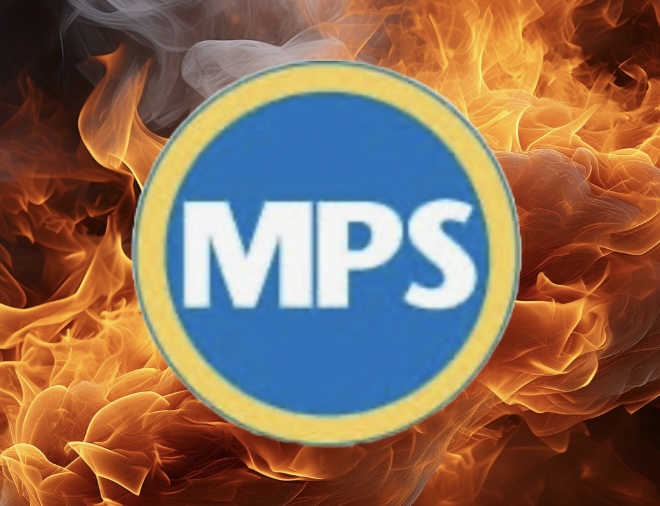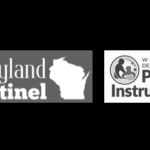June 14, 2025
MILWAUKEE — A blistering independent audit of Milwaukee Public Schools (MPS), commissioned by Wisconsin Gov. Tony Evers, has laid bare a litany of systemic failures that have left teachers unsupported and students struggling. Released on Friday, the instructional review, conducted by education consulting firm MGT, was the second of two audits ordered in June 2024 to probe MPS’s operational and instructional shortcomings.
The move followed the district’s failure to submit required financial reports to the Wisconsin Department of Public Instruction, which was so egregious that the Democratic Governor was forced to act. The audit, spanning classroom practices, professional development, and district-wide systems, paints a grim picture of an education system buckling under neglect and disarray.
Some of the report’s most damning findings center on MPS’s relationships with families and their inability to foster effective teaching and learning environments. “The district’s instructional systems do not adequately support teachers in delivering high-quality instruction,” the audit states, pointing to a lack of coherent curriculum frameworks and inconsistent professional development. Teachers are left to navigate a patchwork of outdated resources, with many reporting they receive little to no guidance on implementing district-adopted curricula. The audit highlights that “professional learning opportunities are fragmented and often misaligned with classroom needs,” leaving educators ill-equipped to address diverse student challenges.
Student outcomes suffer as a result. The report notes “significant gaps in student engagement and academic rigor,” with classroom observations revealing lessons that fail to challenge students or address their individual needs. In many schools, “instructional practices do not consistently reflect evidence-based strategies,” leading to stagnant academic growth, particularly for struggling learners.
Leadership at the district level comes under fire for its role in perpetuating these failures. The audit describes a “lack of clear vision and accountability” among MPS administrators, with “inconsistent communication and decision-making” creating confusion across schools. Principals and instructional coaches, often stretched thin, receive minimal support to implement effective teaching strategies. The report also points to a troubling disconnect between district goals and classroom realities, noting that “district initiatives are often poorly communicated and lack follow-through.”
MPS has a new Superintendent in 2025. The district is governed by the same School Board, however.
Data from the audit underscores the human toll of these systemic issues. In surveyed schools, only 40% of teachers reported feeling supported in their professional growth, and fewer than half believed the district’s instructional priorities were clear. Students, meanwhile, are caught in the crossfire of this dysfunction, with the audit citing “uneven access to high-quality instruction” as a key driver of persistent achievement gaps, particularly for marginalized groups.
The report notes “Family engagement practices vary widely from school to school,and there is a lack of clarity around roles and expectations for staff, including Parent Coordinators. Some schools have built strong family relationships while others struggle to communicate with families at all.”
Overall, the district’s cooperation with parents is abysmal, and that’s directly attributed to MPS leadership. “There is a lack of clarity in the district’s vision for family engagement, and the work is not connected to research-based best practices,” the audit notes.
“The district communicates with families,” the audit noted. “but does not regularly solicit their opinions or provide opportunities for meaningful input.”
Even worse, the audit noted “Families noted that even when they are able to share feedback with their school or the district, they don’t see their feedback being applied.”
MPS, serving over 70,000 students, has been under scrutiny for years due to declining test scores and financial mismanagement.
Among its recommendations, the audit urges MPS to develop a unified instructional framework, overhaul professional development to align with evidence-based practices, and establish systems to address students’ social-emotional needs. It also calls for stronger leadership accountability and better communication to ensure district initiatives reach classrooms. While these steps offer a path forward, the report’s stark revelations underscore the daunting challenge ahead for MPS.
As Gov. Evers and district leaders face mounting pressure, the question remains whether Milwaukee’s parents, students and teachers will finally get the support they deserve.












